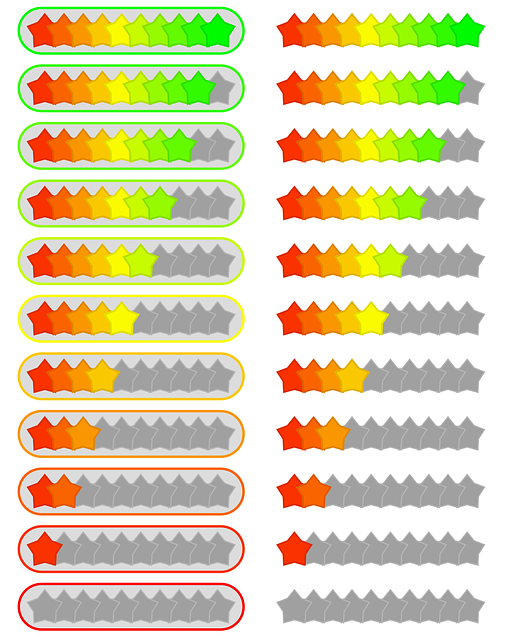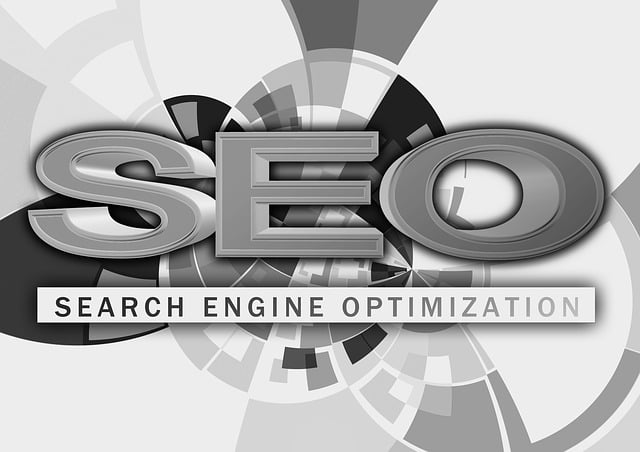In 2025, advancing keyword rankings is crucial for businesses aiming to improve their SEO performance. AI and machine learning advancements have transformed search engines like Google, demanding a shift from traditional to data-driven SEO strategies. Key factors influencing rankings include content relevance, site speed, mobile optimization, backlink quality, and social media engagement. Businesses should focus on creating high-quality content, optimizing on-page elements, enhancing user experience (UX), and building high-quality backlinks through off-page optimization. Utilizing analytics tools like Google Analytics and Search Console allows for data-driven decisions and goal setting to maximize SEO rankings and attract a qualified audience.
In the dynamic digital landscape of 2025, understanding keyword ranking dynamics is paramount for any serious content strategist aiming to improve SEO rankings. This article delves into the intricate world of keyword optimization, providing insights on tools, techniques, and strategies that empower marketers to navigate the ever-evolving search engine algorithms. From on-page optimizations to user experience enhancements and off-page tactics, discover actionable steps to elevate your online visibility and captivate your audience.
Understanding Keyword Ranking Dynamics in 2025

In 2025, understanding keyword ranking dynamics is more crucial than ever for businesses aiming to improve their SEO rankings. With advancements in artificial intelligence (AI) and machine learning, search engines like Google are becoming increasingly sophisticated in processing queries and delivering results. This evolution means that traditional SEO strategies may no longer be effective; instead, a data-driven approach focusing on user intent and high-quality content is essential.
Keyword ranking dynamics now involve complex interactions between various factors, including the relevance of content to search terms, site speed, mobile optimization, backlink quality, and even social media engagement. Search engines are shifting their focus from simply matching keywords to understanding the context and value a website offers users. As a result, businesses must adapt by creating comprehensive, engaging content that meets user needs and encourages longer time spent on-site.
Tools and Techniques for Accurate Keyword Analysis

In the ever-evolving digital landscape, staying ahead in keyword ranking is paramount for any business aiming to improve its SEO rankings. The right tools and techniques are essential for navigating this complex terrain. Advanced analytics software has become a cornerstone of successful digital marketing strategies. These platforms provide deep insights into search patterns, user behavior, and competitor analysis, enabling marketers to make data-driven decisions.
One powerful technique is leveraging keyword research tools that go beyond basic volume metrics. These tools offer comprehensive data on search intent, seasonal trends, and even regional variations in search behavior. By understanding these nuances, businesses can tailor their content strategies to align perfectly with what their target audience is genuinely searching for. This precision approach significantly boosts the likelihood of ranking higher on search engine results pages.
Optimizing On-Page Elements for Better Rankings

To improve SEO rankings in 2025, optimizing on-page elements is more crucial than ever. Search engines like Google have become adept at understanding user intent and delivering relevant results, making it essential to align your website’s content and structure with these criteria. This involves refining key elements such as titles, meta descriptions, header tags (H1, H2, etc.), and body text to ensure they are not only keyword-rich but also provide clear value to visitors. Using the right keywords in strategic locations can significantly boost visibility in search results.
Additionally, focusing on quality content creation is paramount. Engaging, informative, and unique content that satisfies user queries will not only attract more organic traffic but also encourage longer user stays, reducing bounce rates. Incorporating multimedia elements like images, infographics, or videos can enhance the overall experience, making your website stand out in a crowded digital landscape. Regularly updating content to keep it fresh and relevant is another proven method to improve SEO rankings, as search engines favor dynamic websites that offer the most up-to-date information.
The Role of User Experience in SEO Strategy

In the competitive digital landscape of 2025, user experience (UX) plays a pivotal role in shaping effective Search Engine Optimization (SEO) strategies. Beyond merely optimizing content and keywords, modern SEO involves crafting seamless and engaging experiences that keep users captivated and satisfied. This is crucial as search engines prioritize websites that offer valuable, relevant, and user-friendly content, leading to improved SEO rankings.
By focusing on UX, businesses can drive organic traffic more efficiently. Well-designed interfaces, intuitive navigation, and fast loading times not only enhance the browsing experience but also serve as signals to search algorithms. Additionally, lower bounce rates and longer session durations demonstrate to search engines that a website is meeting user needs, further boosting its ranking potential. Thus, integrating UX best practices into SEO strategies remains paramount for achieving and maintaining high keyword rankings in the upcoming year.
Exploring Off-Page Optimization Strategies for 2025

In the ever-evolving digital landscape, understanding off-page optimization is key to unlocking improved SEO rankings in 2025. This strategy focuses on enhancing your website’s authority and visibility through external factors, moving beyond on-page optimizations. By leveraging high-quality backlinks from authoritative sources, you can significantly impact your search engine results page (SERP) positioning. Earning these links through strategic partnerships, guest blogging, or creating shareable content encourages other websites to naturally link back to yours, boosting your website’s credibility and discoverability.
Additionally, social media engagement plays a pivotal role in off-page optimization. As social signals continue to influence search rankings, actively participating in relevant online communities and engaging with influencers can drive organic traffic and improve SEO. Utilizing social media platforms to share valuable content, interact with followers, and collaborate with industry leaders not only enhances brand visibility but also attracts backlinks from reputable sources, further strengthening your website’s position in the competitive 2025 digital arena.
Measuring and Analyzing Keyword Ranking Success

Measuring and analyzing keyword ranking success is a vital step in improving SEO rankings. Tools like Google Analytics and Search Console provide detailed insights into where your website stands for specific keywords. By tracking these metrics, you can identify trends, understand user behavior, and pinpoint areas for improvement. Regularly reviewing keyword performance allows you to make data-driven decisions that optimize your content strategy, ensuring your website remains competitive in the digital landscape.
To maximize success, focus on both short-term and long-term goals. In the immediate term, aim to increase visibility by targeting high-volume, relevant keywords with strong search intent. Over time, expand your reach by exploring niche keywords that align with your brand’s unique value proposition. This balanced approach not only boosts overall SEO rankings but also attracts a more qualified audience, leading to better engagement and conversion rates.
